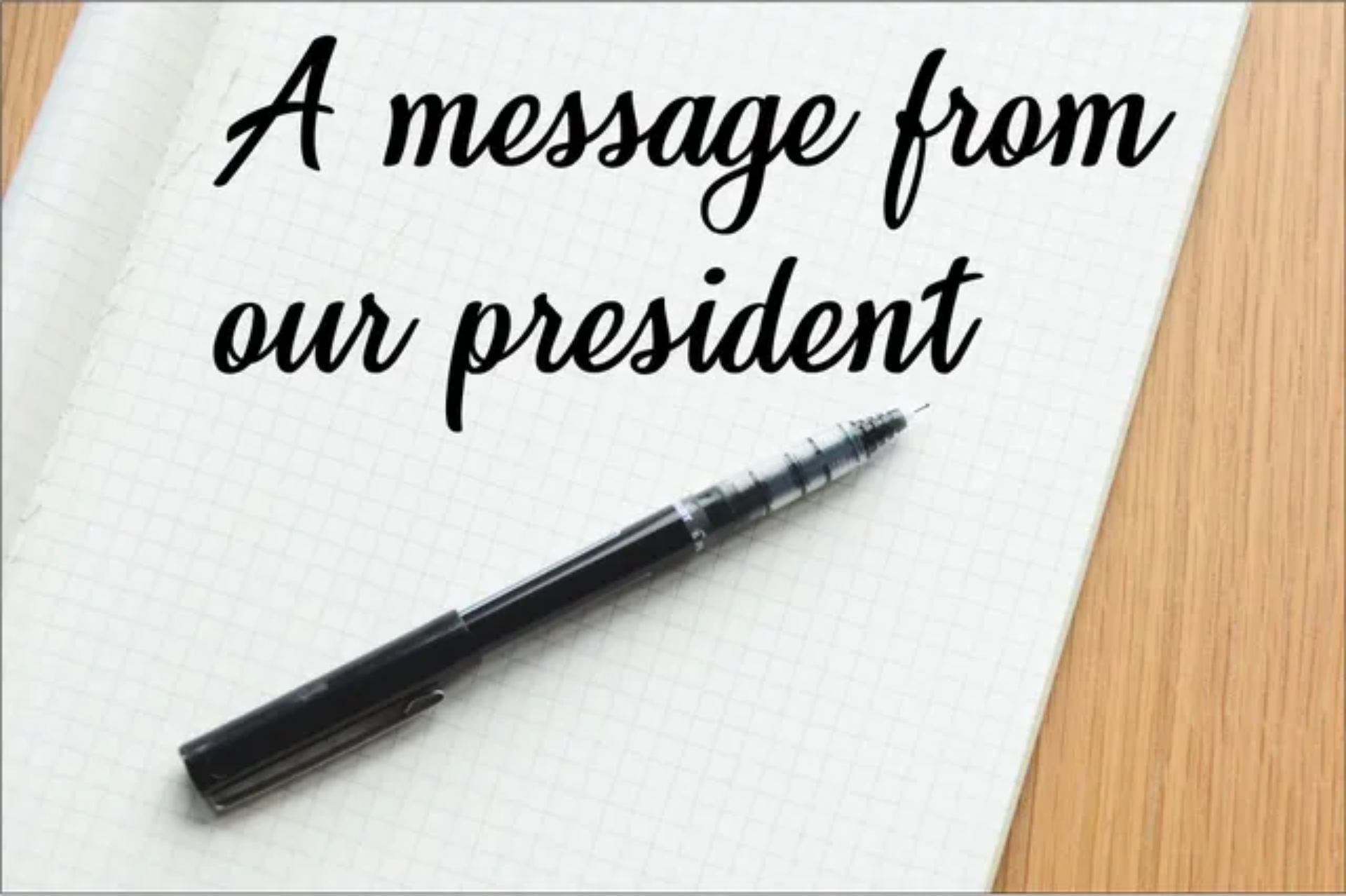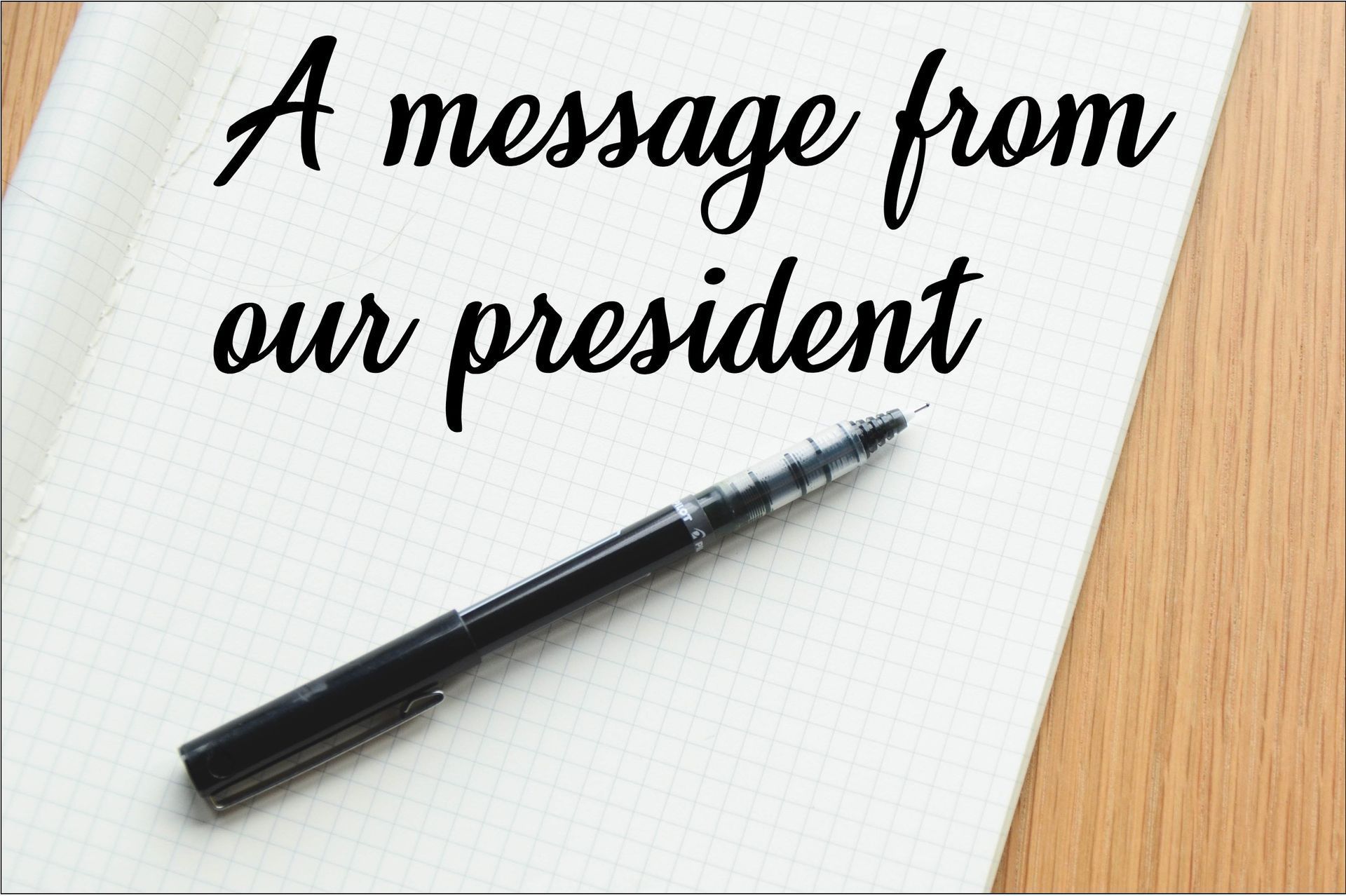FRAUD - They Are Out To Get You! - part 3
A few months ago, I began a series on fraud and the tricks that fraudsters are using to access your personal information, bank accounts, and your life in many specific ways. I want to address another issue that works from two possible avenues of attack. As I talked about previously, the fraudsters want you to hurry – you need to respond quickly in order to protect yourself from some transaction that needs your approval or likely, denial. Let’s look at this scenario…
You receive a text message similar to this from a number that is unfamiliar to you – “This is your bank’s security department (or fraud department) and we are requesting information about your recent purchase of $1,036.27 at Walmart. If this is not your transaction, please press this embedded link or call this number.”
First of all, I would suggest that you contact your bank directly. At Washington State Bank, we do have automated alerts that go out to our customers via email, but it is unlikely that any bank would send you a random link to determine whether or not you have fraudulent activity. On my credit card, the automated system will send out an alert to me for suspicious activity, but it requires a simple confirmation of me texting back Yes or No. I am not asked to click a link and allow the fraudster to have access to my phone.
By contacting your bank directly, you can speak with an employee and verify the activity, if it exists at all. Perhaps another good reason to bank in a local community bank, where live employees answer the phones and communicate with you in person. I know that at Washington State Bank our employees know our customers and are more than happy to assist you in situations where you are unsure as to what is going on with your accounts.
Secondarily, don’t trust a random text message, even if you think it is from a number that you recognize. As former President Ronald Reagan used to say, “Trust, but verify.” Be suspicious of texts or even phone calls that are looking for you to give information to the caller. Here are some examples of items your bank shouldn’t be asking you to give them…
- Your account number. The bank has your account number, why would we need you to verify that information with us. If you call the bank, the bank should verify information so that we know it is you making the call, but we don’t call you and ask for your information.
- Your password. The password to your online or mobile banking is for you, the bank should NEVER need this personal information. If you think that the bank needs it, you’re not speaking with the bank.
- Your Authentication Code. When you receive a secure code from the bank in order to log on or do business electronically, there is NEVER a time that a bank employee would need that code. Multi-Factor Authentication is securing your business and doesn’t ever need to be shared with anyone. That is why the message attached to the code will say something like this…
“9021009 is your one-time authentication code. Do not share it with anyone.”
Remember, the fraudsters rely upon you hurrying, they count on you being concerned and making a mistake to give them information that they need to steal your funds. It is a lot like the old magician’s trick of having you focus on one thing so much so that you forget to take care of your information.
Don’t fall for it! I made some suggestions in the first part of this series that are worth repeating here.
- If someone calls you from a familiar place and isn’t confirming information that you already know or are waiting to hear, hang up the phone and call that place directly.
• Scammers are using technology that spoofs phone numbers – the caller-id may indicate it is from your local bank or the doctor’s office. - Your bank will NEVER, EVER, ask for your specific account information – we already have that information. Bank’s do not know your PIN #s for cards, that is your information and is issued specifically to you. Your bank will NEVER, EVER need to ask you for a PIN number.
- Be careful with your card information. Scammers are very good at talking you into giving away specific information and making it seem like they already know the information.
For example – the three digit card security number on the back of your cards. The conversation will go something like this…
Scammer: I know that your card ends in 1234, and your expiration date is 08/27. Would you please give me the 3-digit code in order to verify your account?
Person: Sure, it is 111. - Criminals have access to so much of our data, the simple process of asking you questions is to gain your trust. Please don’t fall for this trick.
Please take some time to be careful and thoughtful. Be safe with your online and smartphone life, it will save you a lot of heartache and frustration.
Michael Herzog
President










